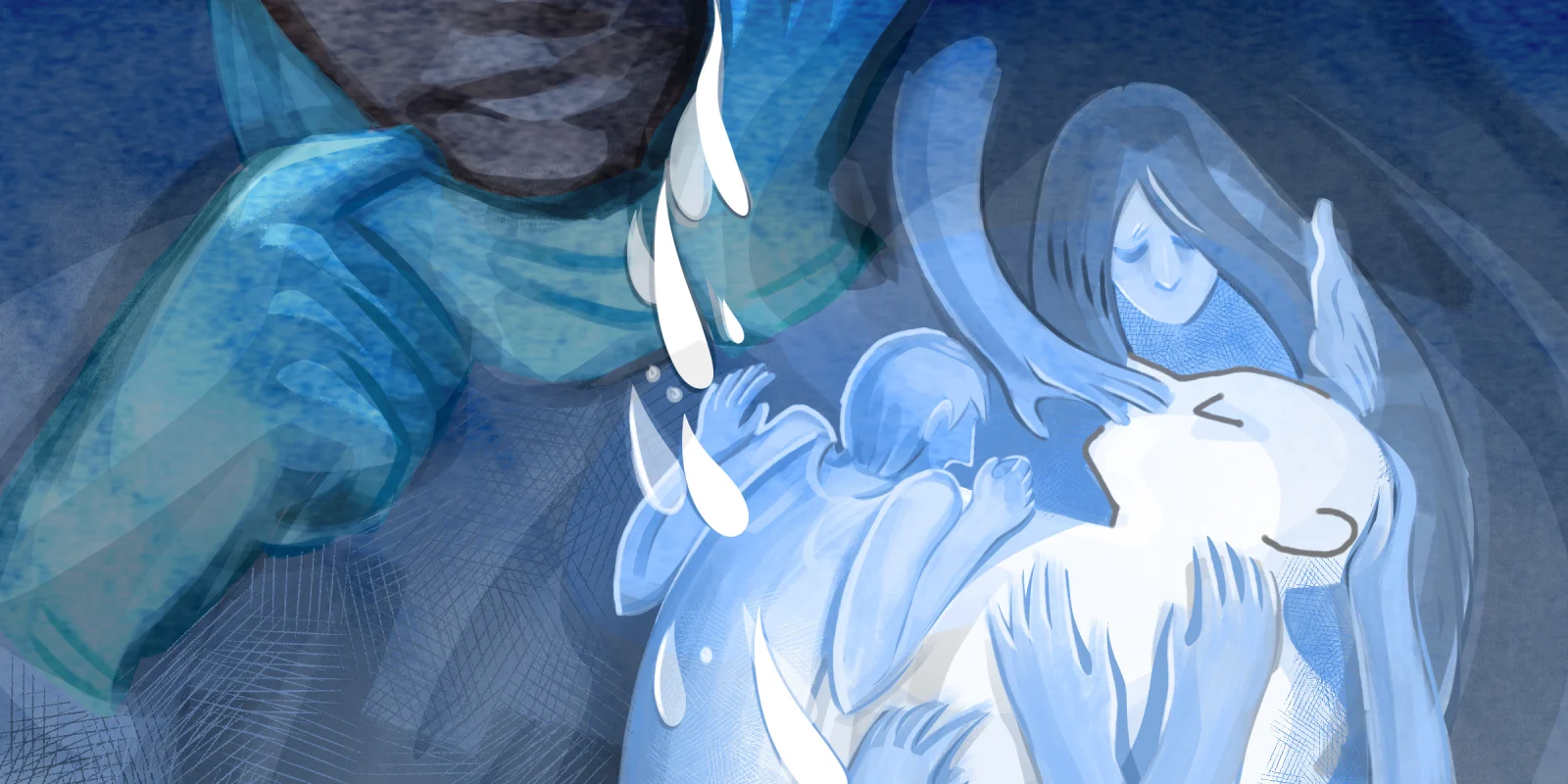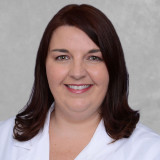 I stood in a room where I wasn’t wanted, where I hadn’t even really been invited by the people who mattered. I wasn’t there for the patient; he was likely brain dead, though his family hadn’t yet accepted it. I came after a desperate call from a neighbor.
I stood in a room where I wasn’t wanted, where I hadn’t even really been invited by the people who mattered. I wasn’t there for the patient; he was likely brain dead, though his family hadn’t yet accepted it. I came after a desperate call from a neighbor.
“Can you help us? I know this is your hospital. It’s my nephew. Please come.”
I wasn’t there for me. I wanted to be anywhere but that white room with a family whose reality was crashing down around them. But I came. I provided a familiar face, one that many extended family members had seen at a birthday party the previous month. I came because my own dark-haired daughter was the same age as the boy lying in the bed.
I hugged and I touched and I prayed alongside the boy’s family. My prayers were for understanding and peace, theirs were for a miracle. I knew the reality in front of the miracle they were asking for, and I couldn’t bring myself to ask for that.
When their ICU doctor came and shared the prognosis, I stayed and let them take their anger out on me, because I was “safe.” I thought maybe I could help diffuse the situation. After the tests and the imaging, the decision was made. The tears, the anger, the yelling, the silence. The quiet, devastating silence. And I stood witness because I wasn’t asked to leave by anyone who mattered.
As a pediatric hospitalist, patient deaths are uncommon, but not unknown. And while the situations are not usually this horrific, I’m often called to assist with a neighbor or family member. Balancing my knowledge and desire to help with reasonable personal boundaries can sometimes be a challenge, and I am often left wondering did I do enough? Too much? And in this situation, in particular, I wondered if I did any good at all. My heart stayed in that room long after I physically left.
Days later, I found a small white box on my doorstep. A white and teal polka-dotted coffee mug with the words “You Are Doing Great Work” scrawled in lighthearted calligraphy on the side. No note, no indication of where it came from. I accepted it as a sign from the universe that I really was doing great work, even when I didn’t feel it. As I ate my dinner out of the mug that night, I thought about the drowned boy and his family, and what role I might play in their memories of his last days with them.
And then, weeks later, sitting in the driveway of our cul-de-sac playing with my son, I felt a hand gently touch my shoulder. The boy’s aunt unexpectedly hugged me and said, “You didn’t know it, but you were there for me. I didn’t ask for you. But I listened when you talked, even when his mother couldn’t. I heard you say he was gone, and I saw his body showing the signs you said it would. I didn’t want you there, but only because I didn’t want you to have to be there. And then I didn’t want you to leave, because that meant that he would leave, too. You thought you were there for her, but really you were there for me.”
And so now, years later, I remember the boy, and his family, and the white room, and the angry mom who I wasn’t there for. But mostly I remember the aunt, who didn’t ask me to be there but needed me most.
This single encounter has affected my life every day, in every patient encounter. When I drink from that coffee mug, I remember that the Great Work that I think I’m doing may not be what I’m actually doing. And now when I’m talking to a family, I remember that the one I’m talking to may not be the one I’m actually helping.
Dr. DeLeon is a pediatric hospitalist and Section Chief of the Pediatric Hospital Medicine Division at OUHSC in Oklahoma City. While she is an educator at heart, she seeks also to learn from all of her patient encounters.
Illustration by April Brust







